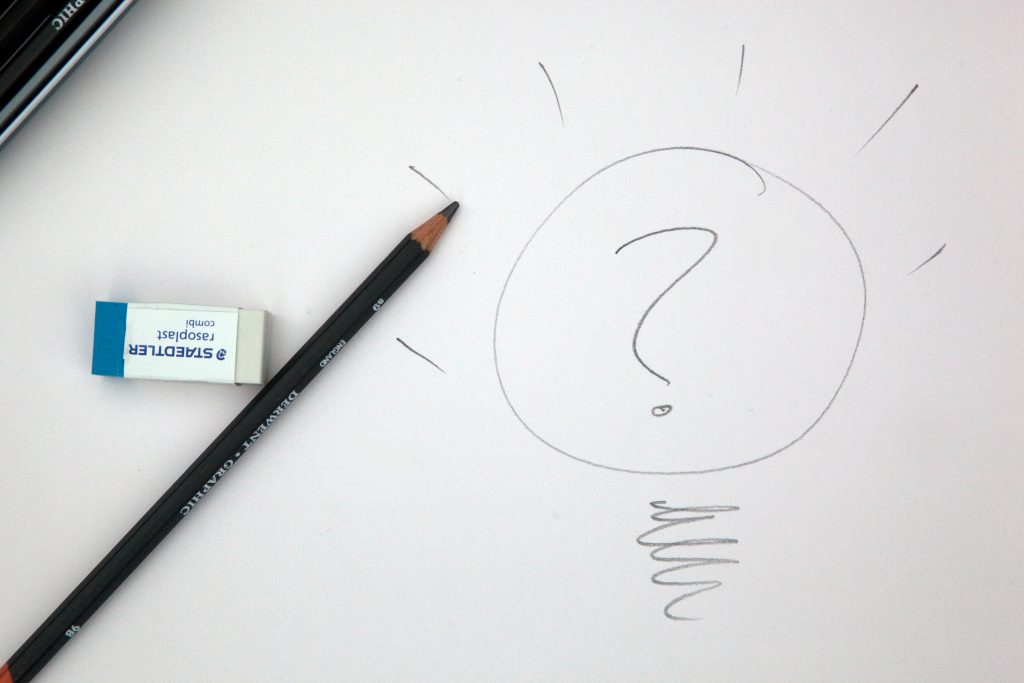What is the future of ESG beyond Covid-19?
These are genuinely extraordinary times. As coronavirus dominates the headlines, one thing is clear, the world as we know it, will never entirely be the same again.
What this crisis has thrown into sharp relief is the relationship between the business sector and society, making Environmental Social and Governance (ESG) discussions more critical than ever.
It’s fair to say that COVID-19 has elicited the best and the worst in behaviours from corporations. Undeniably, some have taken the opportunity to ride the wave and exploit the situation for their benefit.
At the same time, many industries from banking, pharmaceuticals, retail and logistics have stepped up and acted responsibly in doing the right thing.
Are we witnessing the moment of a pivotal shift in responsibilities? In the years to come, will we look back and ask ourselves: what did you do? How did you help? What did you change?
We spoke with Silvia Pavoni, Economics Editor of The Banker, and Joe DiVanna, leading management consultant and educator, to discuss what role ESG will play now and into the future, in helping businesses align their corporate and societal responsibilities.
Our guests outlined three sectors that are ripe for change: The Private Sector, Banking, and Management.
Future ESG purpose for the private sector

In the recent past, most conversations about ESG revolved around the long-term impact of our business choices on the planet. What has changed with the arrival of COVID-19 is that, suddenly, something like sustainability has become far more personal. Businesses are looking inwards and questioning their survival chances.
Because, doing the right thing, no longer needs to be synonymous with sacrificing the bottom line.
There are times when the private sector has taken on a societal role and managed to achieve things that governments could not accomplish alone.
On the other hand, it’s no secret that the private sector is led by motivations and drivers which are not always in the best interest of the public.
As a result of the extraordinary circumstances we find ourselves, there is an opportunity here for the corporations and leaders to consider, in practical terms, how they may do things differently and still be profitable.
Because, doing the right thing, no longer needs to be synonymous with sacrificing the bottom line. Instead, there’s a far higher likelihood that socially beneficial decisions that have a positive impact on society and life will garner a greater degree of appreciation than before.
As a result, this will directly encourage businesses to preserve profit margins while acting responsibly and sustainably.
The social role of banks

“Banking is like electricity; you only notice it when it goes off,” says Joe. Popular or not, banks play an essential role in society. Our interaction with them is as much emotional as practical – they have our money.
The banking sector faces two serious challenges. First, the impact of an unstable economy now and in the coming months; second, how to balance the expectations of shareholders with decision-making that benefits society.
Following the 2008 economic crisis, some argue COVID-19 has given banks a once-in-a-lifetime chance to do the right thing and redeem their reputation.
Unlike in 2008, banks are not responsible for the current crisis. As a result, there’s a rare space for those in the banking industry to revisit their purpose and image.
By accessing their broad palette of tools, banks have a unique chance to be genuinely creative and innovative, to find solutions that don’t require relinquishing profits.
Ultimately, this will be a test of leadership. There’s great concern about what might happen if the economy doesn’t bounce back as quickly as hoped. If this is the case, it will be incredibly tough for many people to make money, and this will have serious repercussions on debt and the future of frozen loans.
But, having learnt from the past, banks now have far stronger capital buffers. The real challenge is what happens longer-term and how they approach making tough choices that are also socially responsible.
Sustainability in a new workplace paradigm

For those who can and are working from home, life has already changed dramatically. The loss of the commute has brought a range of benefits, like a reduction in pollution levels and newly-gained time.
However, as social creatures, we still need connection. Remote working isn’t perfect. For many, it’s isolating and made harder if you have children or other responsibilities. To thrive in this environment, a whole new set of skills and digital competencies is needed.
Moreover, how will distance leadership evolve to meet the challenges of this new working dynamic?
Senior executives will need to develop their soft skills, often summarised as emotional intelligence. Where once a manager would have been hired based on track record or ability to cut deals, now they’ll require empathy, trust and understanding to better support remote staff.
If you’ve invested in hiring smart, intelligent employees, trust them to do their job.
Another factor to consider is the novelty of the situation. Once we grow accustomed to this new way of working, how will it impact on productivity and efficiency levels?
As a result, businesses need to understand better how to remotely harness the skills of their people while maintaining motivation and morale. This may be achieved through using technologies or revisiting performance targets and KPI’s to reflect different and new priorities.
Furthermore, we can expect to see a more bottom-up approach and greater flexibility to management.
Traditional leaders may choose to steer away from being merely a control point. Instead, acting more like a resource the organisation can use. For instance, instead of focussing solely on a company’s finances, leaders need to also consider employees’ well-being by understanding the challenges they face.
This is because supporting your people to feel happy and be healthy builds trust. Trust leads to a more productive and motivated workforce, which is essential when creating a new workplace where things are new and unknown.
If you’ve invested in hiring smart, intelligent employees, trust them to do their job. It’s easy to forget that people are creative and can innovate; this is something leaders can capitalise on when problem-solving and coming up with new solutions.
How HR leaders approach remoteness is going to have to be completely reconsidered. Not only will working from home transition into the new norm. But, the power dynamics that this entails will have a strong influence on how we perceive authority.
Final Thoughts
At this point, no one knows if what we are tackling is a one-off, or whether there will be a second wave or some other unrelated crisis in the future.
However, what is clear is the relationship between the private sector and society is now interdependent and has to change to reflect this fact. With this new thinking, we may see a refashioning of capitalism as we know it.
In this new business model, the voice of what’s right for society must bear as much weight as the sound of cash tills ringing.